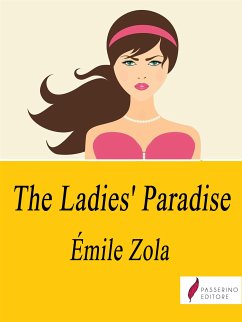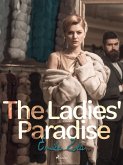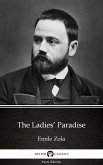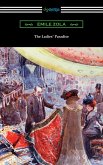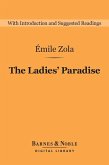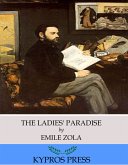The Ladies' Paradise is the eleventh novel in the Rougon-Macquart series by Émile Zola. It was first serialized in the periodical Gil Blas and published in novel form by Charpentier in 1883. The novel is set in the world of the department store, an innovative development in mid-nineteenth century retail sales. Zola models his store after Le Bon Marché, which consolidated under one roof many of the goods hitherto sold in separate shops. The narrative details many of Le Bon Marché's innovations, including its mail-order business, its system of commissions, its in-house staff commissary, and its methods of receiving and retailing goods. Émile Édouard Charles Antoine Zola (2 April 1840 - 29 September 1902) was a French novelist, journalist, playwright, the best-known practitioner of the literary school of naturalism, and an important contributor to the development of theatrical naturalism. According to the literary critic Kornelije Kvas, Zola uses the fresco-painting technique and he "amasses the details and facts of reality". He was a major figure in the political liberalization of France and in the exoneration of the falsely accused and convicted army officer Alfred Dreyfus, which is encapsulated in the renowned newspaper headline J'Accuse…! Zola was nominated for the first and second Nobel Prize in Literature in 1901 and 1902. Translated by Ernest Alfred Vizetelly.
Dieser Download kann aus rechtlichen Gründen nur mit Rechnungsadresse in A, B, BG, CY, CZ, D, DK, EW, E, FIN, F, GR, HR, H, IRL, I, LT, L, LR, M, NL, PL, P, R, S, SLO, SK ausgeliefert werden.

